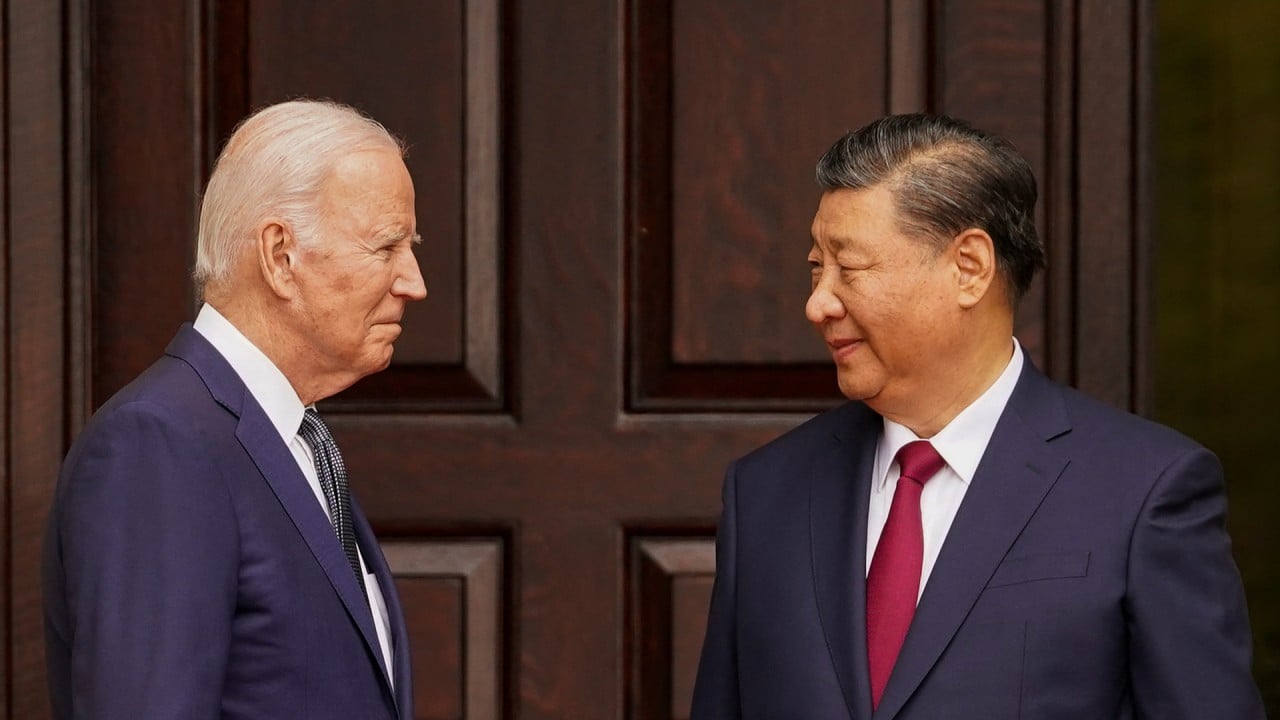For the former, I have found the news unbearable to watch, not just because of the unrelenting horror of it, but because of the absence of any plausible end. One tragic comment haunts me – that of a Jewish father of a girl killed by Hamas suicide bombers: “We are doomed to live here together and we have to choose – whether to share this land or to share the graveyard under it.”
For the latter, the meeting brought hope, not just because of its constructiveness – though its outcomes were admittedly modest – but because it was set against the backdrop of the annual leaders’ meeting of the Asia-Pacific Economic Cooperation forum, an oft-dismissed platform that stands firm as a lonely bulwark in defence of multilateral cooperation.
Many in the world’s commentariat have been disdainful of Apec through its three decades. Because it has no treaty-making powers, it is criticised as an ineffectual talkshop – four adjectives in search of a noun, they say.
I have always disagreed – though I confess bias because I was for more than a decade up to 2021 heavily involved in supporting Hong Kong’s business input to Apec.
One of Apec’s greatest strengths is the very fact that it has no treaty-making powers. Its focus on non-binding agreements keeps the lawyers out of the room, immeasurably shortening the time taken to reach agreement, and the length of the agreements reached.
It may have been non-binding, but in it Apec’s business leaders told officials in clear and concrete terms what they needed to do if they wanted to succeed in attracting investment. Ignore these principles at your peril, it said, because if you do, then investment flows will be meagre.
Apec has many strengths that remain invisible to the global commentariat. Perhaps most important is its value as a learning forum on best practice – practical, technical and stripped of political posturing. Even with tensions over conflicting South China Sea territorial claims, officials in Apec’s Ocean and Fisheries Working Group made concrete progress on marine pollution, illegal fishing, seabed mining and the marine impact of tourism.
This learning agenda is pursued through about 40 working groups in areas ranging from services, fiscal reform, human resources, health and digital development to chemicals, food security, counterterrorism and illegal logging. The work is apolitical and deeply uninteresting to the world’s media. But its value cannot be underestimated.
These working groups have ensured that officials discuss regional challenges face-to-face at least three or four times a year. The familiarity and trust built among these officials as they deal with thousands of technical but essential regional issues have laid the foundation for the more headline-grabbing leaders’ meetings, like in San Francisco last week.
Apec has also been a pacesetter in formally inviting business voices to policy discussions, in particular via the Apec Business Advisory Council. Since ABAC was formed in 1995, the Association of Southeast Asian Nations has created its own Business Advisory Council, as has the Group of 20. These build the influence of business expertise on global policymakers.
Unable to resist the temptation to build a steadily lengthening list of adjectives to their list of objectives – the original Bogor Goals of “free and open trade and investment” have now been superseded by “determination to deliver a free, open, fair, non-discriminatory, transparent, inclusive and predictable trade and investment environment” – Apec leaders do remain committed to “the rules-based multilateral trading system, with the World Trade Organization at its core”.
If Xi and Biden meet early next year, they would hopefully build positively on the past week’s agreements. Whether by then there might be any better news from Gaza is another matter.
David Dodwell is CEO of the trade policy and international relations consultancy Strategic Access, focused on developments and challenges facing the Asia-Pacific over the past four decades


